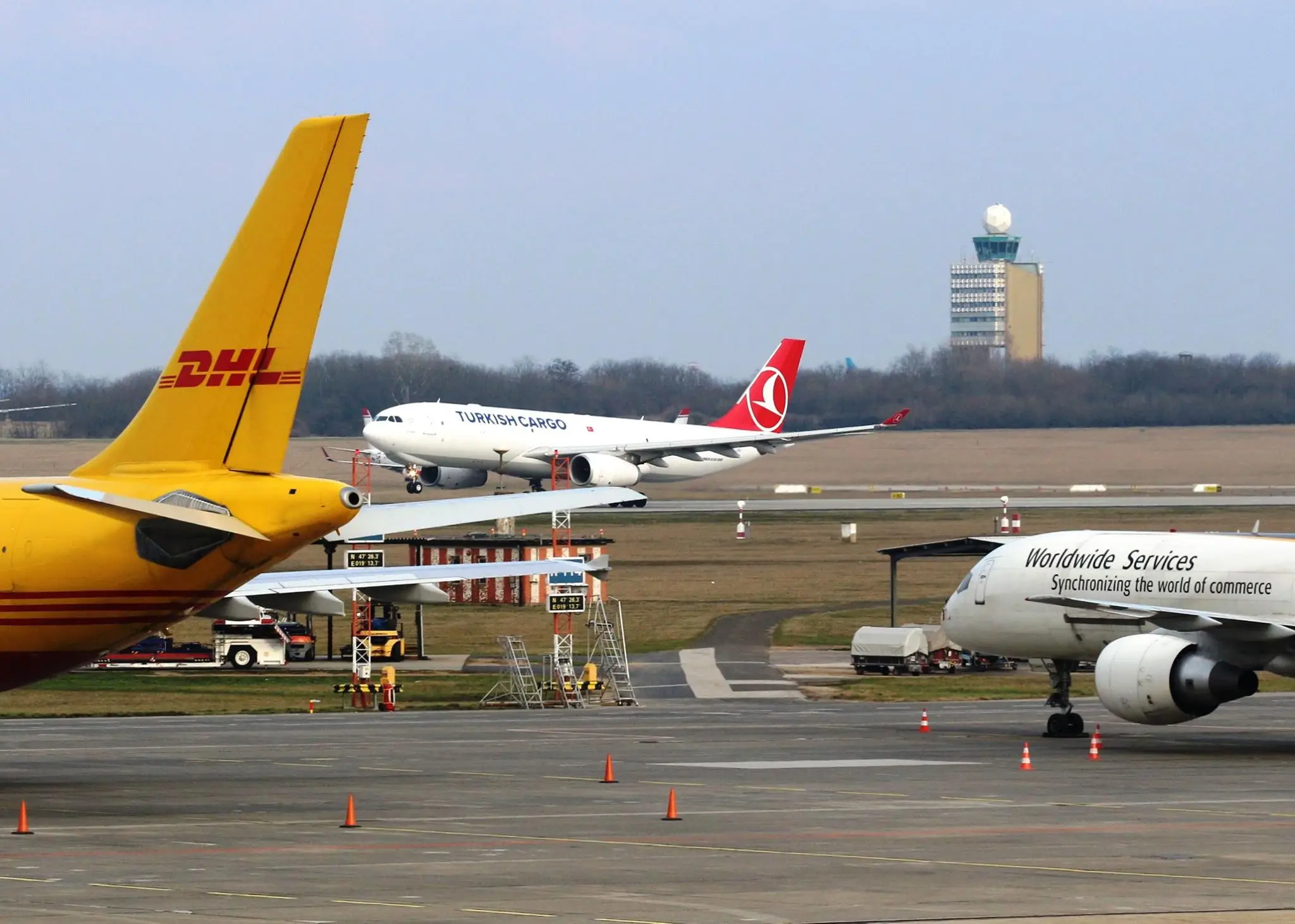Change language:
Hungarian air traffic controllers assert delays are not solely their fault

Insiders working at Budapest Airport claim that recent delays are not solely the responsibility of Hungarian air traffic controllers. Multiple issues, including staff shortages and increased demand, make it difficult to provide seamless air travel.
In recent weeks, there have been several significant delays and flight cancellations at airports across Europe. As DNH reported, Hungarian air traffic controllers have emerged as a key contributor to delays across the continent due to staff shortages at Budapest HungaroControl, exacerbated by a recent surge in flights following the closure of some airspaces due to the war in Ukraine.
In response to the events, which left many travellers outraged, the Hungarian government has called for immediate measures to tackle the “unacceptable conditions” related to Hungarian air traffic controllers at Budapest Airport.
Obtaining information directly from HungaroControl is difficult, as the company is highly disciplined regarding public relations. In light of recent events, employees have been warned not to share information about the company on social media. However, Telex managed to speak to multiple people working in the industry and experts with insight into the situation. In a new article, it sheds light on the reasons behind the serial delays. The magazine highlights that its sources close to Hungarian air traffic controllers say they do not want the chaotic situation to be resolved by force.
However, the situation of Hungarian air traffic controllers has been made difficult by the fact that a communication imbalance has developed in recent weeks, as airlines have far more resources at their disposal for professional lobbying internationally. This leaves air traffic service providers in a tough spot.

It is not only Hungarian air traffic controllers who are to blame
Traffic controllers believe, writes Telex, that airlines are also responsible for some of the delays. In many cases, schedules are too busy, with scarcely any time for disembarking, unloading and loading baggage, refuelling, and embarking. If there is any delay in any of the phases, everyone tries to shift the blame elsewhere.
Airspace saturation is also a problem, and some pilots refuse to cooperate. Pilots often request clearance for different altitude sectors to save fuel, which must then be reconciled by Hungarian air traffic controllers. However, this often means that unscheduled traffic has to be dealt with by Budapest staff.
There are also pilots who are stubborn in other ways, one source tells Telex. Since the war in Ukraine broke out, flights have been told to keep a distance of 5 nautical miles from the Ukrainian border. However, some pilots refuse to go that close to the country’s airspace, even when instructed to do so.
The accounting structure severely limits flexibility
Air traffic-specific cost accounting can also cause problems. In the current system, traffic management companies are required to submit five-year business plans in advance, predicting how much traffic the company will handle and what they will spend money on in the future. If a management company deviates from the plan by 2 to 10 percent, EuroControl compensates 70 percent of the losses (or if the company has a 2 to 10 percent surplus revenue, it can keep 70 percent of it). However, if the difference from the initial plan is more than 10 percent in either direction, it is entirely lost.
In practice, this makes it impossible to adequately address unforeseen events such as war. For example, increased turnover due to the war in Ukraine is virtually meaningless if the company has already exceeded its annual revenue plan. Essentially, the company works for free once it exceeds the 10 percent cap.
Staff shortages also pose a serious problem
Telex, citing international data, writes that Budapest is one of the sore spots of European aviation staffing, along with Karlsruhe in Germany and Reims, Marseille, and Paris in France – although in France it is not labour shortages but frequent strikes that pose issues. There is indeed a current shortage of Hungarian air traffic controllers, as confirmed by those working in the industry. But airlines also have staffing problems: some say they do not have enough pilots – which means that even if airlines wish to operate more flights, they are unable to do so.
Furthermore, air traffic controllers are under constant pressure to reduce route charges to remain competitive while simultaneously increasing capacities.
Therefore, airlines, accounting issues, and staff shortages all contribute to the delays. Overall, as Telex concludes: “It can be declared that the demand for traffic is now not being met smoothly by management.”
Related:
Source: Telex








Calamitous.